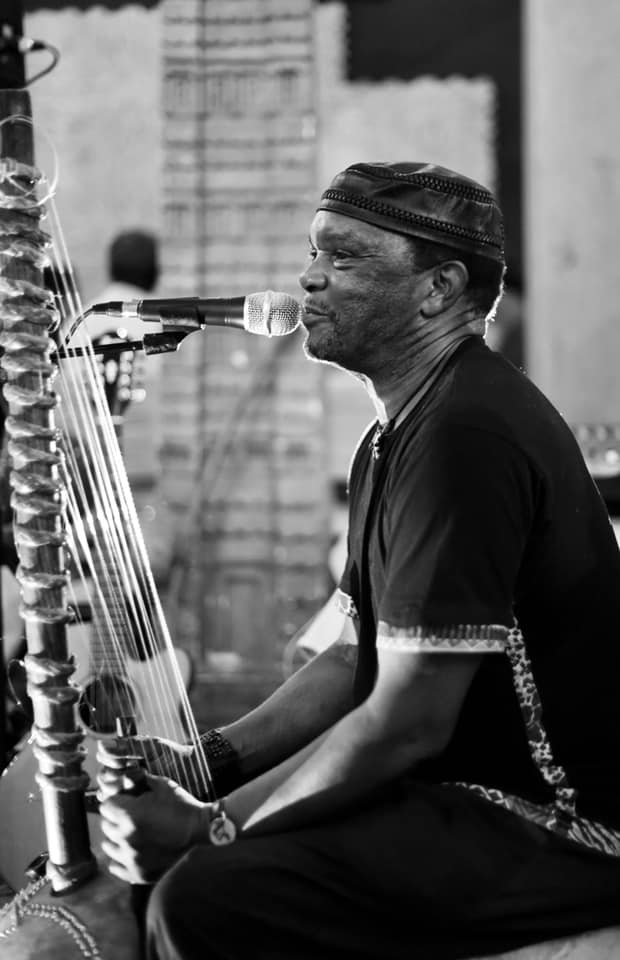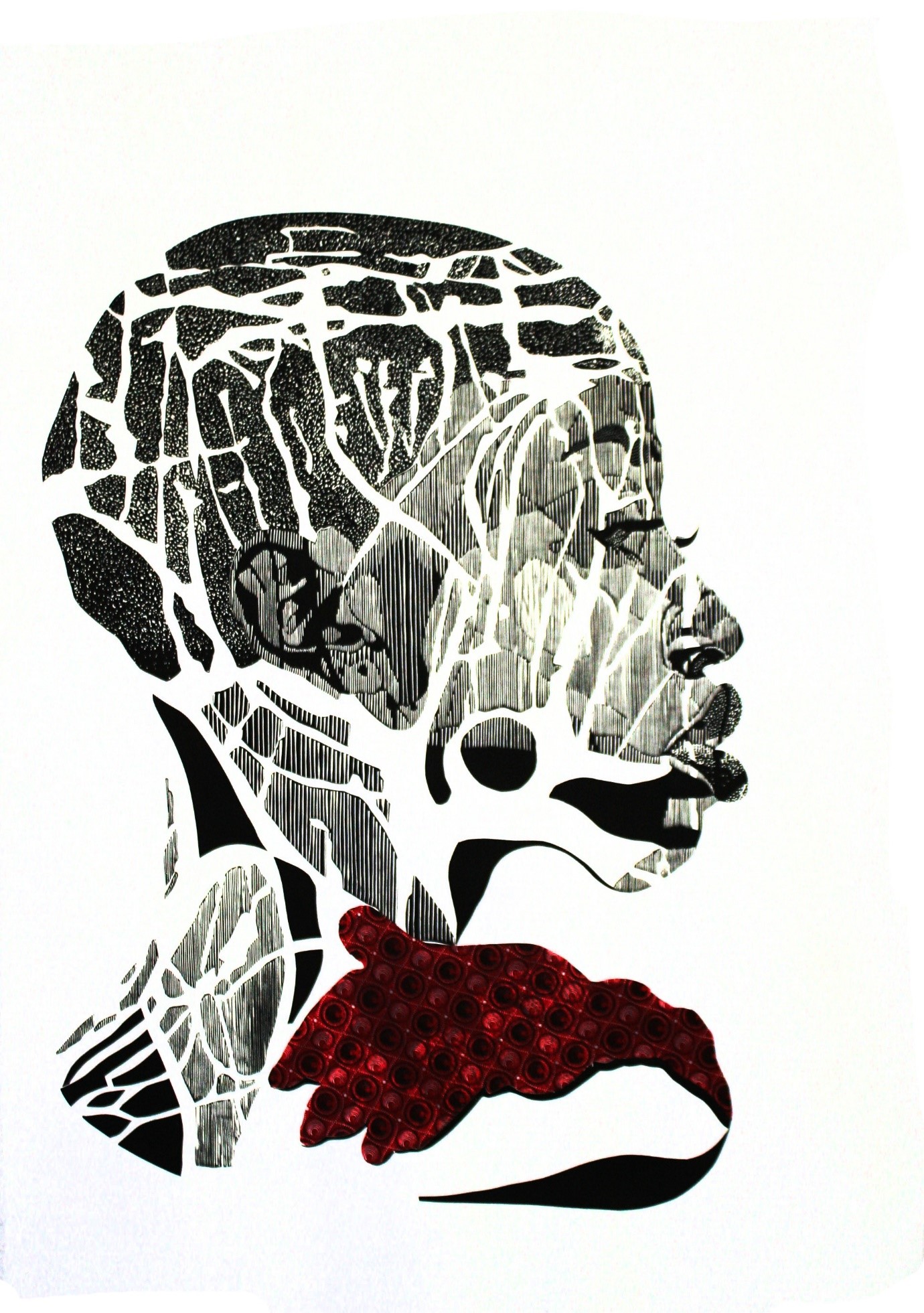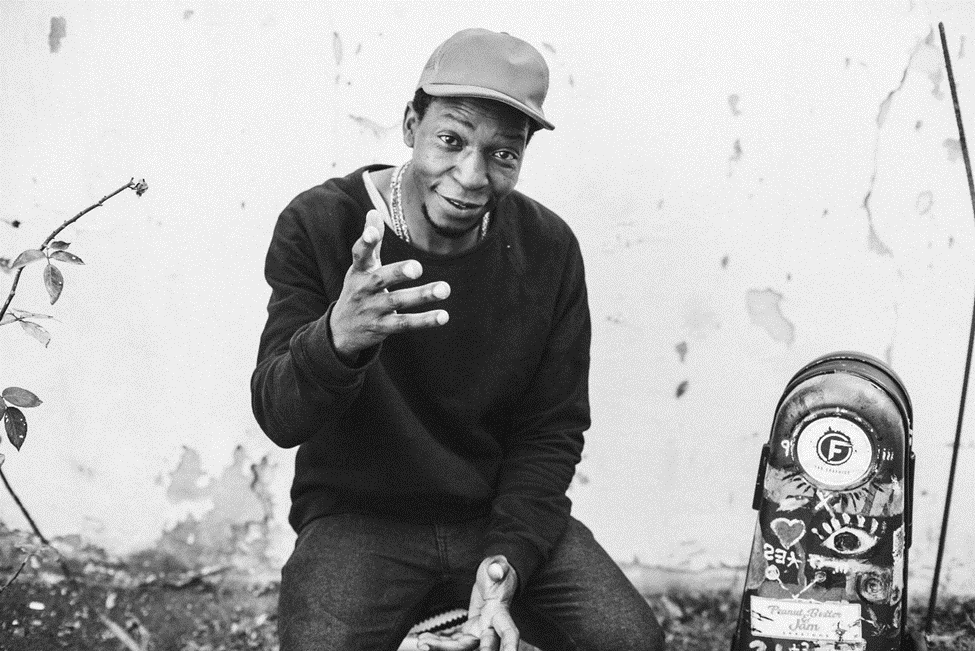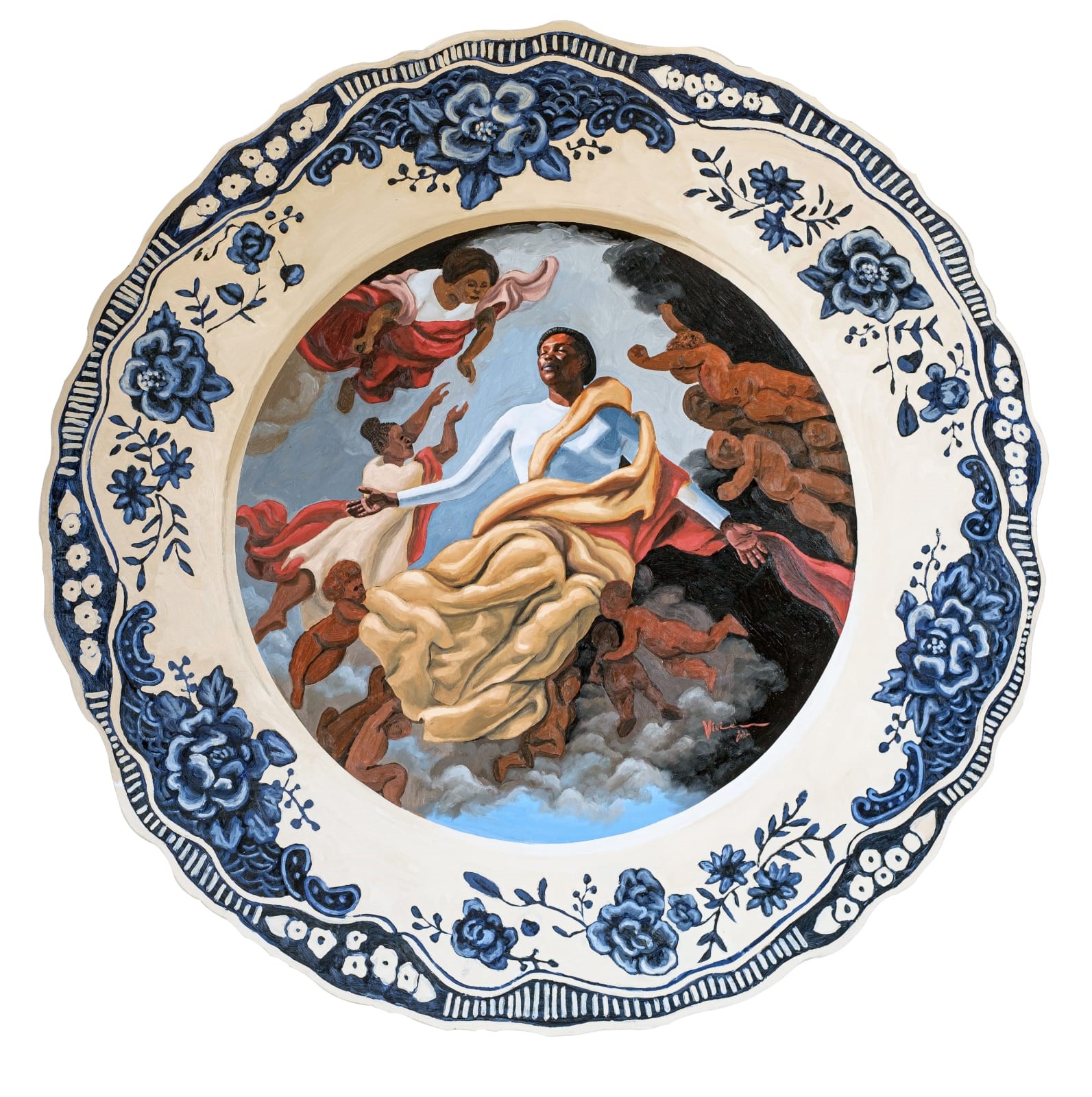The post-Tutu society is a pointer towards a new Black sociality. In this sociality lies a playful love for Truth. We mean the truth that the courageous Archbishop Emeritus Tutu could only promise and find hard to tell.
The Bishop and his generation would necessarily fall short of telling the truth if it is simply what it is: an ideal. No human being in the history of the world could ever tell the truth. And the human being that keeps trying to tell the truth must necessarily make a fool of him/herself — remarkably so when they are a politician.
Unwittingly perhaps, Bishop Tutu made a mockery of himself and the church the moment he soiled the sacred ideal in a politicking cassock. Truth does not work through commissions of any kind, since commissions by definition are omissions. Commissions have not a capacity to interrogate the implications of being human or a candidate for measureless suffering.
This non-capacity is all the more serious if Black suffering vaguely moves between human suffering and its animal (or God knows what else) counterpart. Black suffering is so serious and confusing that Bishop Tutu would do well to stay clear of the statesmen propaganda. He would do well at least to cling on the lonely-narrow path of Liberation Theology.
This is a path that could suit his peace loving feet. And on this very path (in post-apartheid) sometimes we could trace the Bishop’s foot prints. Here and there we hear him call to order the post-apartheid poli-hooligans. In his call we hear a defeated-distant tone, unfortunately. Too late a call when many are too haggard to listen.
At any rate, Liberation Theology cannot of itself share the truth. Any theology is a kind of logic after all, and logics are human, and humans-as-humans are mere error-ians. Still, we only acknowledge in Liberation Theology a possibly helpful starting point: Pilate or any symbol of the State does not care for the Truth (John 18:38).
And, by extension, to occupy the Pilatean seat (upon Pilate’s pseudo-demise, say) is more criminal if God is the Judge. Hence Christ from the very beginning opted for the ‘cross-like-tree’ than a palace: “My kingdom is not of this world. If it were, my servants would fight to prevent my arrest by the Jewish leaders. But now my kingdom is from another place.” (John 18:36).
Yes, there is another place for new radicals — in spite of fact that they must live through a post-truth reality in a post-Tutu society.
And what is post-truth reality (in post-Tutu society) but a kind call to a celebratory play on truth itself? Celebratory when, to say in passing, the new radicals already sense the always impending end of all post-modernisms. (I mean the small monsters that would piss on University kids all over the world, and get them follow Pilate and say no to truth as such.)
The new radials say yes to truth even if they can’t (and need not) tell it. They only say yes and play on it. On and on…
Their yes, their amen so to speak, is not the mouthful type — simply because many of their mouths are already compromised. They have a way of eating at the empire associated luncheons, in secret many at times or, sometimes, in the open.
They can only use their mouths when they want to sing it. And sing it anyhow and anywhere, so long as the audience proper is the Spirit and only the Spirit. Gifted and not merely talented, they just say yes in a hearty way and play on it. On and on and on.
Some organise around it when others simply (and bloodily) write it in… Some thoroughly dance it out. Others on a camera or a canvas. Still many on things we have fully yet to appreciate. And, obviously, a multitude of the radicals want nothing to do with the official church pews and their poisonous hold over hurting bodies.
They know themselves, the radicals. And are new akin the new wine in Cana by Galilee (John 2:1-11), a remnant for the last desperate times. New not because no one is radical before the instant of their emergence.
They are new if the Truth they play on refreshes herself and never goes passe.



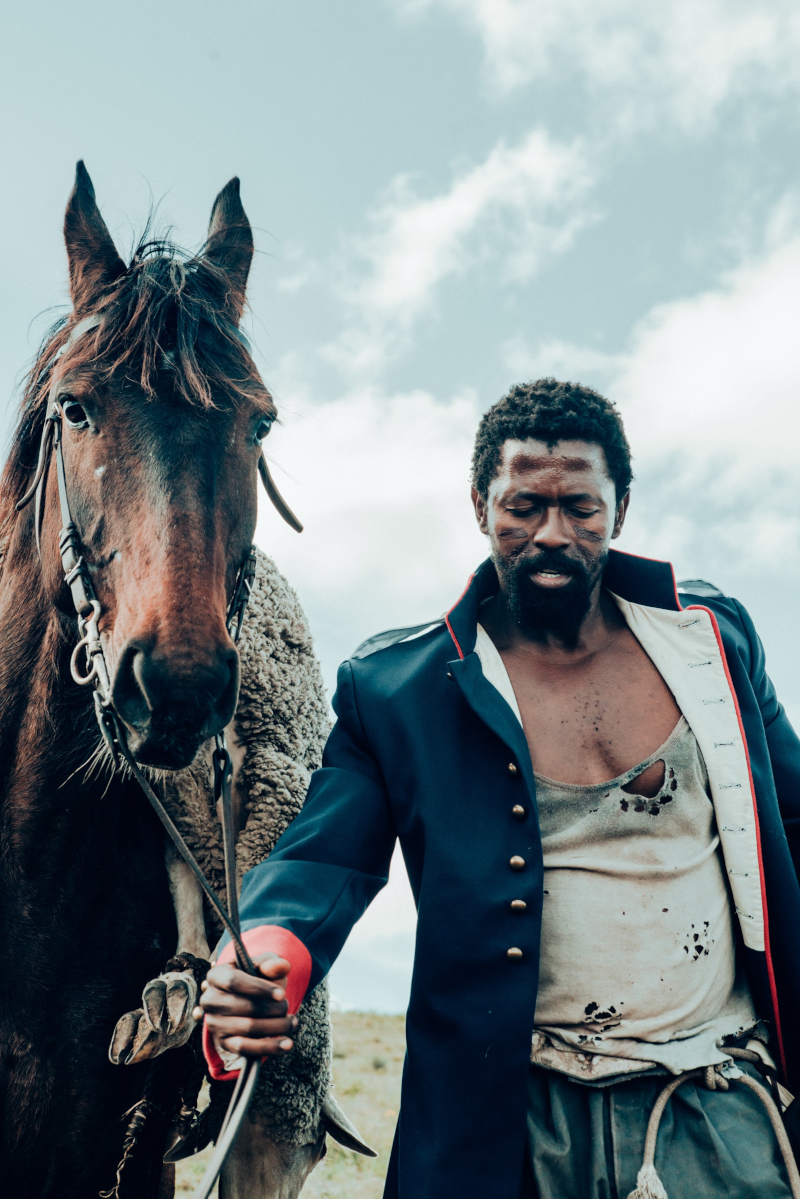
![1976 [Part2]](assets/images/1976.jpg)
